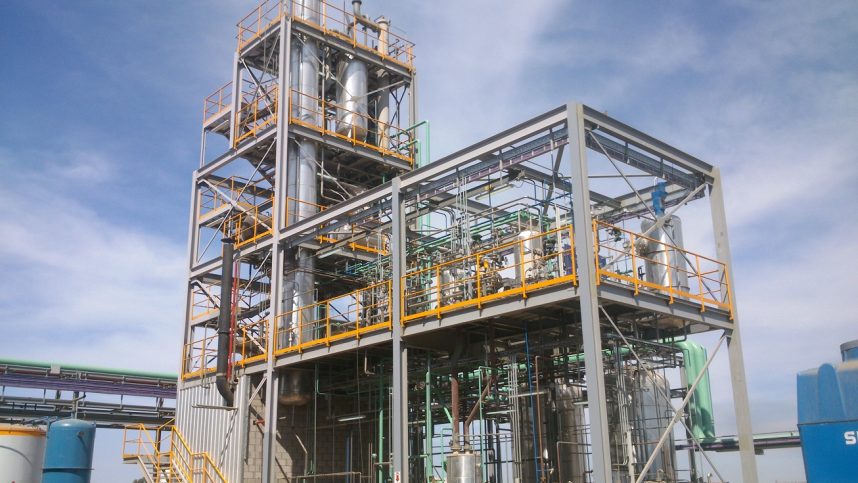Clean oils used as biodiesel.
Legambiente has uncovered a new fake renewable source in biofuels: clean oils used as biodiesel.
These are vegetable oils, classified as UCO, oils used for cooking, but which never saw any frying. But they ended up in biodiesel subsidized and paid for as waste. This is about 100,000 tons out of a total of 1,400,000 tons of biodiesel burned in diesel cars during 2019. According to the Energy in Transport 2005 -2019 report by the Gestore Servizi Energetici, at least 90,000 tons of UCO was imported from China, processed in Spanish refineries and finally distributed in regular Italian fuel pumps.
China supplies more than a third of European UCO imports, while nearly a fifth comes from the major palm oil producers of Malaysia. Within a decade, as EU countries strive to meet targets for renewable fuels in transport, the volume Europe needs could double to 6 million tons. This in turn could result in palm oil being used to replace cooking oil in exporting countries, also incentivizing fraud (virgin oil blending).”
Cristina Mestre, T&E’s biofuels manager, pointed out
“Europe’s thirst for cooking oil used to fuel its transportation sector is outstripping the remaining quantity of the continent’s fryers. This leaves us relying on a waste product shipped from the other side of the world. countries that would use UCO for animal feed could end up exporting theirs while using cheap oil back home. The EU needs to limit the use of UCO to avoid doing more harm than good.”
Europe could increase the amount of UCO that can be purchased locally. However T&E notes that “This is limited both by the ability of local authorities to collect it and by the amount of UCO that Europeans and EU industries can produce.”
Why oils used as uco is a deception and environmental damage?
Because, oils as used as biodiesel, Legambiente denounces, “it is crude palm or soybean oil, probably of poor quality, grown in non-certified plantations and the result of deforestation, but – precisely because it is soiled a bit to classify it as waste – considered ‘double-accounting. If a liter of biodiesel is “worth” at the pump about 0.8 euros (after taxes), waste oil is therefore worth 1.8 euros. Triple the industrial cost of diesel fuel, a “deception”, worth more than 150 million euros, paid at the pump by motorists.
Mestre confirms, “The current EU system for biofuels does not provide certainty that used cooking oil is actually being used. The EU should strengthen its verification and monitoring requirements along the supply chain and perform regular checks to ensure that it is indeed a waste product and therefore sustainable.”
to learn more about Legambiente’s commitment to the issue also read this article!
Find out all the industry news on our website Technoilogy!

